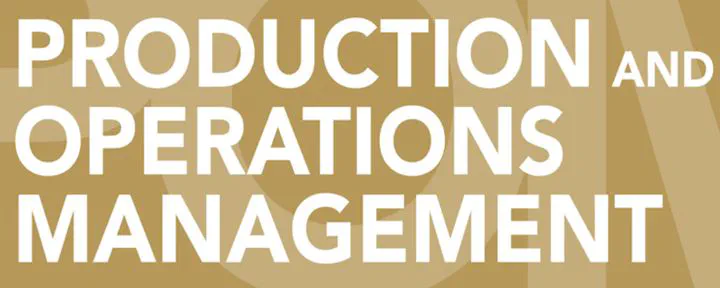Born to Wait? A Study on Allocation Rules in Booking Systems

Abstract
Queue-based rules for allocating scarce goods are widely utilized in booking systems due to their perceived efficiency. However, empirical investigations into the externalities and opportunity costs of queuing in multitasking scenarios are limited. This paper reports on two laboratory experiments that compare a queue-based rule with a lottery-based rule by quantifying their respective efficiency losses. Our findings indicate that while the queue-based rule demonstrates superior allocative efficiency, it incurs significant losses in productive efficiency attributed to opportunity costs of time. In contrast, the lottery-based rule exhibits improved overall efficiency with minimal time spent on the booking system. Additionally, under the queue-based rule, participants display bimodal behavior, either engaging fully or abstaining from the booking system, influenced by their time valuations. Further, while providing queue length information facilitates more efficient coordination, it also leads to more frequent task-switching behavior that negates any productive efficiency gain from improved coordination. This research underscores the crucial need to reevaluate allocation mechanisms in booking systems, taking into account their externalities.
Type
Publication
Production and Operations Management, Volume 34, Issue 8, August 2025, 2348-2362